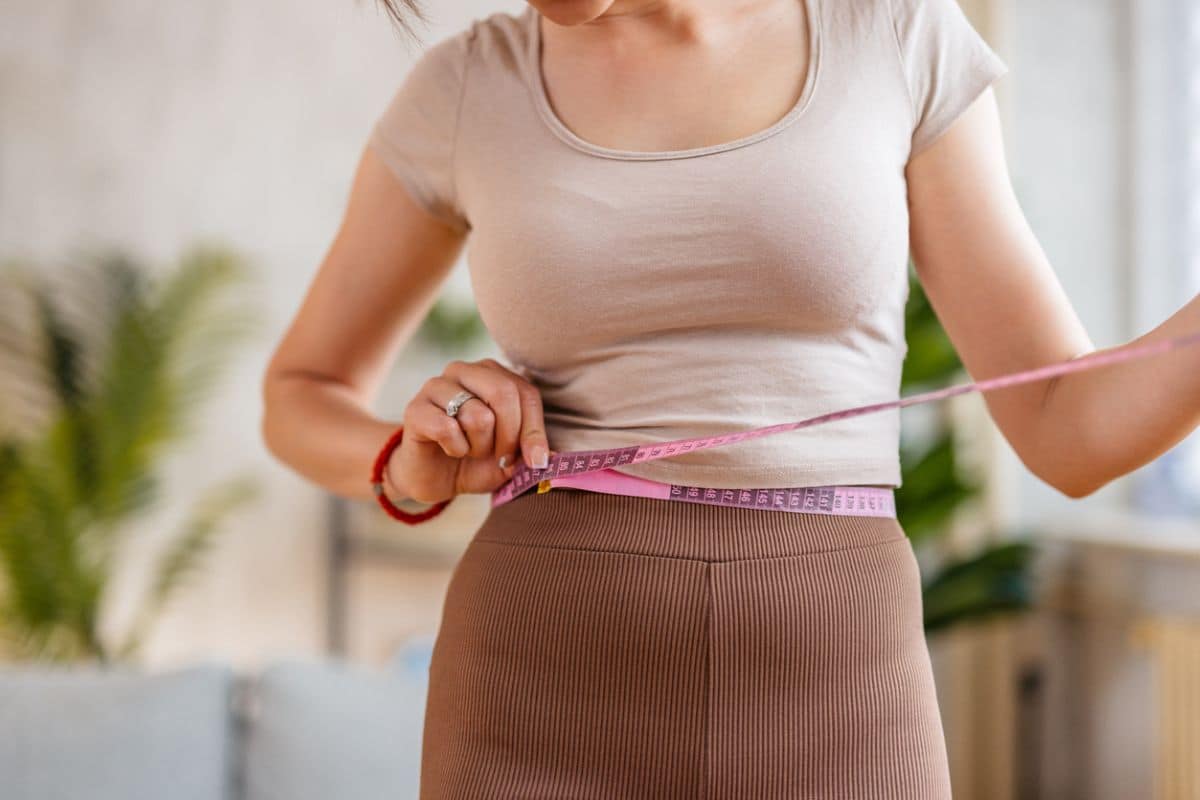What if shedding extra pounds didn’t mean giving up everything—just one major food group? A new study suggests that cutting out ultra-processed foods (UPFs) could nearly double your weight-loss results. That’s right—just one adjustment could make a huge difference.
Published in Nature Medicine, the study tracked overweight adults over a two-month period. Those who eliminated UPFs lost nearly twice as much weight as those who didn’t. And while you might think of chips and soda, the category goes far beyond snack foods.

A new study found that cutting out ultra-processed foods from the diet may accelerate weight loss.
Why ultra-processed foods are the problem
“Processed foods aren’t real foods,” said Dr. Jeffrey Kraft, a bariatric surgeon in New Jersey. “They’ve been chemically altered or manufactured to sit longer on shelves.” The real issue? They don’t trigger your body’s natural satiety signals, making it harder to feel full—and easier to overeat.
They’re also usually loaded with things your body doesn’t need: high fructose corn syrup, emulsifiers, and hydrogenated oils.
Whole foods: a better way to feel full
Why do people lose more weight when they eat whole foods? It comes down to fiber and protein. “They keep you full longer,” explained Ashlee Carnahan, a registered dietitian at Henry Ford Health in Detroit.

Ultra-processed foods are often high in added sugars, sodium and unhealthy fats.
Even so-called “healthy” snacks like protein bars can count as UPFs—but that doesn’t mean they’re totally off-limits. “It’s OK in moderation,” Carnahan said. “But remember—a boiled egg gives you 7 grams of protein and is a complete whole food.”
For those short on time, she recommends quick whole-food staples: apples, bananas, carrot sticks, natural peanut butter, nuts, seeds, and plain Greek yogurt.

UPFs can include packaged snacks, frozen meals and even some items marketed as healthy.
“These foods take just a bit of planning and minimal prep,” she said. “Start small—try getting 3 cups of veggies and 2 cups of fruit a day. It’s a great foundation for a healthy diet.”
Read the label—and shop smart
Carnahan stresses one habit above all: pay attention to food labels. “Look at total sugar and sodium,” she advised. “The lower, the better.”
Dr. Kraft offers a simple trick: stick to the perimeter of the grocery store. “That’s where the real food is,” he said. “The stuff that goes bad quickly? Usually better for you.”

Consumers need to pay attention to what they put in their bodies and to “read the label” when shopping for groceries, say experts.
He also advises many of his patients to start the day with a low-calorie protein shake. But even more important than breakfast? Sleep.
“If you’re not getting enough rest—or if you’ve got undiagnosed sleep apnea—you’re going to have a hard time losing weight,” Kraft warned.

